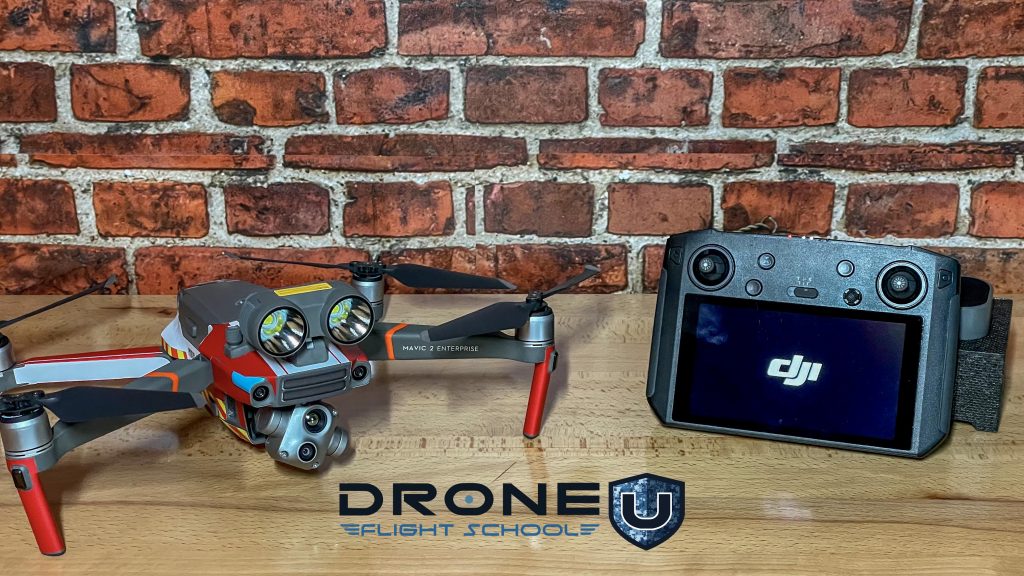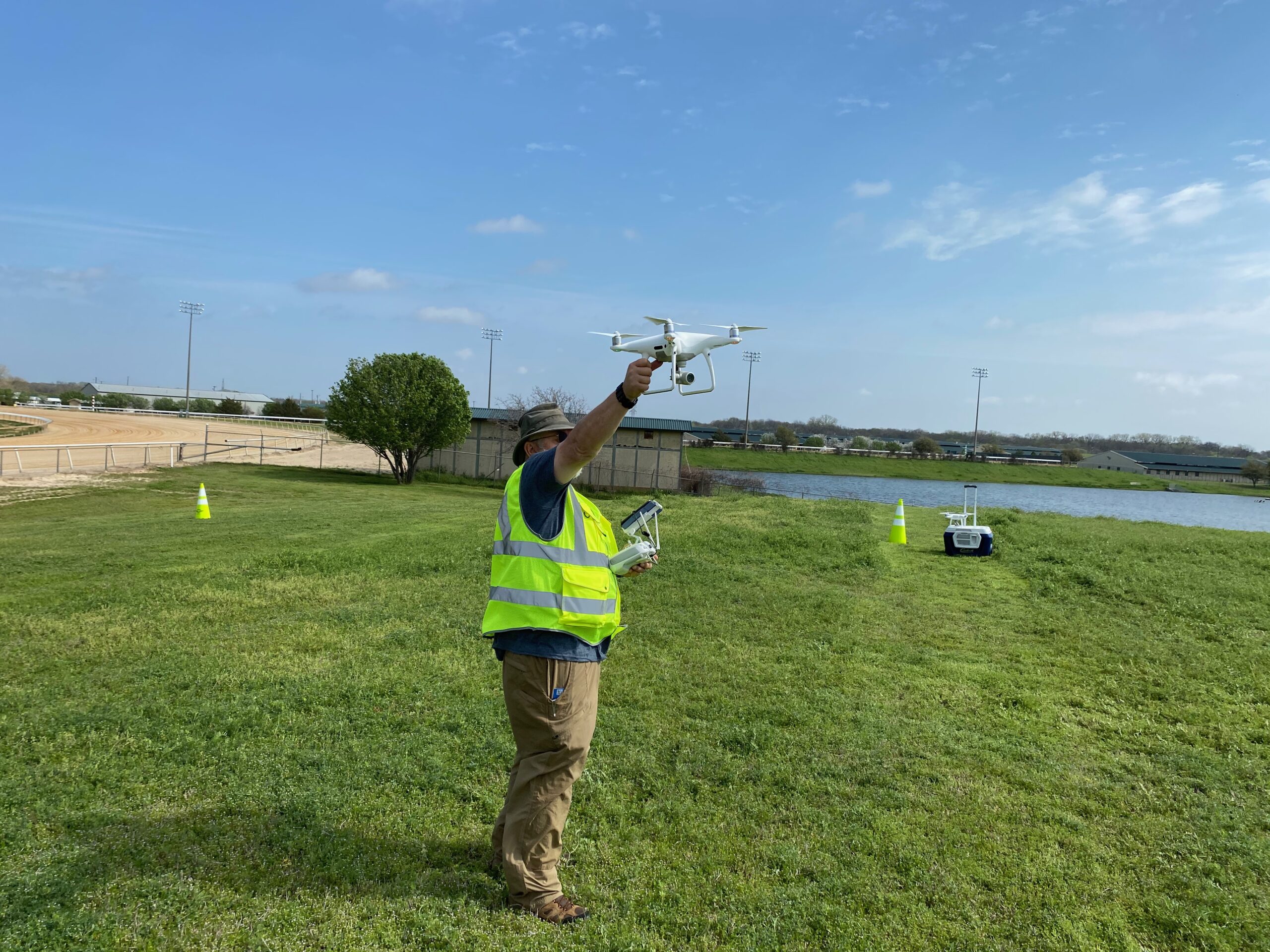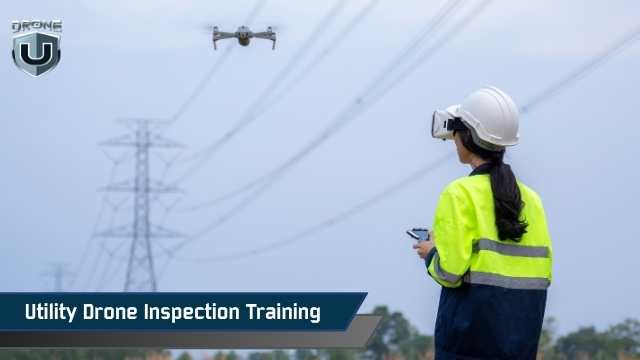Drone pilots rejoice, as the Mavic 2 Enterprise Dual Advanced lowers the cost to complete solar panel inspections.
Prior to the launch of the Mavic 2 Enterprise Dual Advanced, it would cost pilots close to $25,000.00 to inspect solar panels. The barrier to entry to complete solar panels was quite high. Now drone pilots can inspect solar panels for less than a third of the prior cost. Solar panel inspections are one of the best scalable drone jobs to support long term business success. Drone U has been teaching drone pilots to complete solar inspections through the Raptor Maps application. This application processes the thermal imagery to create autonomous reports of energy loss for clients.
The workflow to complete the solar panel inspections will be slightly different from traditional methods. Pilots have to utilize the DJI Pilot app to complete the mapping missions. Yet the pilot application doesn’t have the same settings as DJI’s ground station pro. Due to this deviation in control software, pilots will have to manually control Yaw during the mission. Pilots flying the M2EDA will have to adjust the orientation of the aircraft every time the drone starts a new waypoint line. While this may seem cumbersome to some pilots, the reduced cost of the equipment makes up for the nuanced complexities of flying these drones.
Drone pilots will have to setup the right settings to make this solar panel inspection work properly. Pilots will have to manually set the type of file that is captured and will have to setup the correct color palette for Raptor Maps to create reports. While certain raptor maps reports will require a higher level of equipment, it looks like the M2EDA can cover the first two tiers of deliverables.
Not only will this drone lower the barrier to entry for solar inspections, it will also reduce the maintenance costs for drone pilots. Typically an M210 or M200 battery (TB55) will cost the pilot $475.00 per battery or $950.00 for a set. A typical M300 battery runs $700.00 or $1,400 for a pair to take flight. The typical battery for the Mavic 2 Enterprise Dual, is $189.00. Which means pilots could buy 5 batteries for the Mavic, at the equivalent cost of one pair of batteries for the M200 or M210. This savings is significant for drone pilots looking to scale their business.
Looking for a steam-lined educational course to fly solar panels? Drone U’s newest education platform, PROPS offers a chronological training to drone pilots for Solar Inspections. This course set teaches drone pilots the basics of operations, mapping and how to apply these principals to create deliverables for solar inspections as a whole.
All in all, the Mavic 2 Enterprise Dual Advanced significantly lowers the cost of Solar Inspections.
M210-200
- Drone cost: $10,000
- XT2 Cost: $11,200
- 5 Sets of Batteries: $4,750.00
Total: $25,950.00
M300
- Drone Cost: $11,000
- XT2 Cost: $11,200
- 5 sets of batteries $7,000.00
Total: $29,200.00
M2EDA
- Drone Cost $7,000 (fly more combo: comes with 3 batteries)
- Camera Cost: Included
- 2 Additional sets of batteries (for 5 total) $400.00
Total: $7,400.00
Total Savings: $21,800.00






Add Your Comment